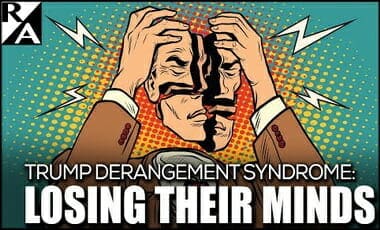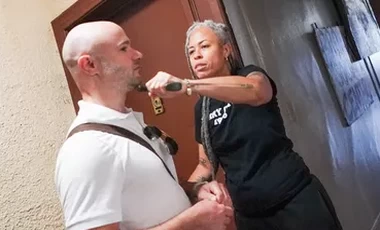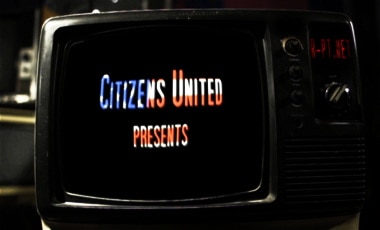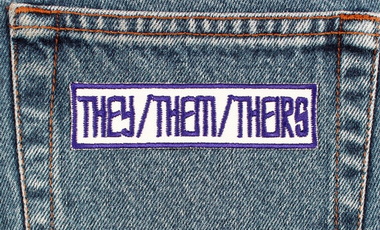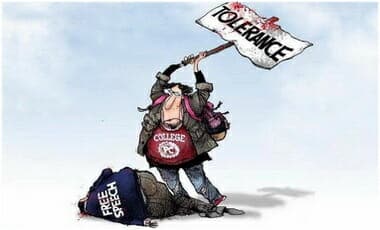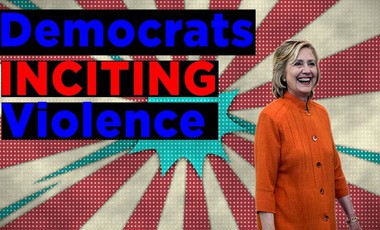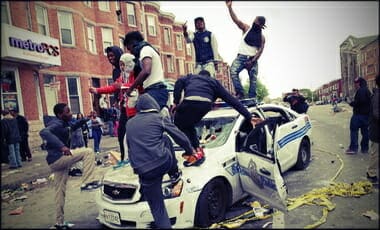Deny, Defend, Depose: The Murder of Brian Thompson and the Rise of Political Violence
United Healthcare CEO Brian Thompson was shot dead on a New York City sidewalk. Inscribed on three bullets found at the scene: “Deny,” “Defend,” “Depose.” The suspected killer, Luigi Mangione, has since gained a fervent online fanbase. Comedians like Jimmy Kimmel and Bill Burr joked about his looks, while social media influencers hailed him as a symbol of rage against a broken healthcare system.
What fueled this reaction? Mangione, a former valedictorian with a bright future, suffered a devastating back injury and, allegedly, was denied treatment. His manifesto blamed the insurance industry, echoing the themes of Deny, Defend, Depose, a book exposing insurer practices. Many saw his actions as a twisted form of justice, and prominent figures, including former Washington Post and New York Times reporter Taylor Lorenz, justified the public’s lack of empathy for Thompson.
A Growing Divide on Political Violence
Polling reveals a disturbing trend: 41% of Americans under 30 say Thompson’s killing was “acceptable.” More young people view Mangione favorably than unfavorably. Yet, paradoxically, most Americans—particularly those under 30—report being satisfied with their own healthcare. So why has Mangione become a folk hero?
The answer lies in shifting cultural norms around speech and violence. For years, activists have argued that harmful speech is itself a form of violence. Now, the logic extends to institutions: If denying healthcare is violence, then retaliation—even murder—is justified.
This philosophy traces back to the 1960s and Herbert Marcuse’s concept of “repressive tolerance.” Today, it manifests in widespread acceptance of censorship, deplatforming, and even political violence. Nearly half of college students believe it’s acceptable to block or shout down controversial speakers, while a third say violence is a justified response to offensive ideas.
The Truth About Brian Thompson and Luigi Mangione
Lost in the rhetoric is the reality that neither Thompson nor Mangione fit neatly into the roles of hero or villain. Thompson, a father of two, was a self-made executive who oversaw billions in emergency healthcare funding during the pandemic. Mangione, the privileged son of wealthy parents, spent his final months before the murder vacationing in Hawaii. There’s no evidence he was ever denied treatment by United Healthcare; in fact, he received back surgery and advised others online on how to get insurers to cover it.
Despite growing sympathy for political violence, the majority of Americans still reject it. But history shows that a radicalized minority can wreak havoc if left unchecked. The 2020 riots, justified under similar moral arguments, proved how dangerous this mindset can become. Now, some politicians, like Rep. Seth Moulton, are distancing themselves from the activist wing of their party, recognizing that extremism is a losing strategy.
The celebration of Brian Thompson’s murder is a warning sign. If we continue blurring the lines between speech and violence, more tragedies will follow. Political change requires debate—not bullets.


